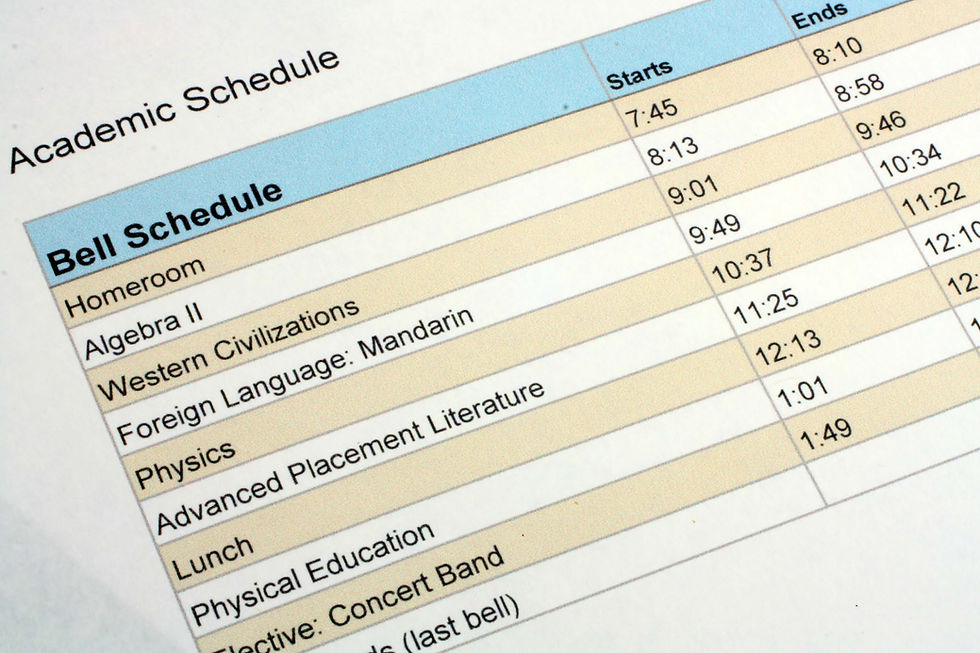The Importance of a Balanced List
- Alison Merzel

- Mar 16, 2023
- 3 min read
Sometimes I feel like a broken record when I harp on the importance of creating a balanced college list in my meetings with families. This is the time of year when this message matters. Admissions decisions are coming.
When I look at the outcomes of applications to selective universities, it isn't the "likely" schools that create disappointment; it is those elusive "reach" schools and, increasingly, the "target" schools that are generating surprising outcomes.
I insist that at least three of the schools on a student's list are "likely" or "probable" and that these schools must be options that the student would seriously consider and be excited to attend. Love your "likelies." Then, you can include a few "targets." These schools are realistic based on the student's academic profile but not a guarantee for admission, given the competition for limited spots. Finally, if you are a competitive candidate, you can include a few "reach" schools. These are schools that you fall in love with but have very low (sub 30%) acceptance rates. These schools are typically a reach for everyone, given how few students they accept. These schools could easily admit an entire class of students who would be highly successful out of their "deny" pool.
It is getting harder to predict who these schools will admit, as their institutional priorities (IPs) constantly change. IPs are the factors that drive admissions decisions. They are the directives given to the admissions/enrollment team by the university administration that determine which students get in. Are you a clownfish who knows how to tap dance? You may have luck in 2024, but maybe the class had too many students like you in 2023. Are you a third-generation legacy to Ivy U? That may help you now, but if legacy admissions are eliminated by the time you are ready to apply, you may find your application on the chopping block.
Unless you have the inside scoop, it is really difficult to truly know what a school's institutional priorities are. What you do know is that you can only control the things you have control over.
You are going to take an honest look at your strengths, your interests, and your needs and assemble a balanced list of schools that could all help you work towards achieving your personal, academic, and career goals. If you apply to a few schools in each admission category, you are setting yourself up for some expected wins while leaving open the possibility of a pleasant surprise or two.
Remember, a school's acceptance rate isn't correlated with your potential for happiness and success at that institution. Some of the most elite schools in the country are also those that claim the highest levels of anxiety and stress among their student bodies.
Apply to schools in the "target" and "reach" categories because you never know whether your skills, talents, and character traits will match what a particular institution is looking for that year. Just manage your expectations appropriately - if only 10% of students are typically admitted to a school, that means that 90% are denied. Prepare for the rejection.
Get excited about the schools that meet your needs AND will want you to enroll. Nothing is better for the ego than an offer of admission and a generous merit scholarship as the icing on the cake.
And remember, in the words of Frank Bruni, "Where you go is not who you'll be."



